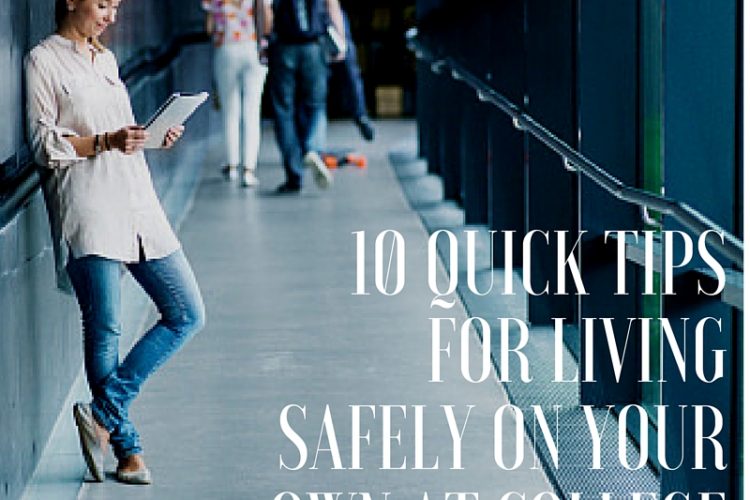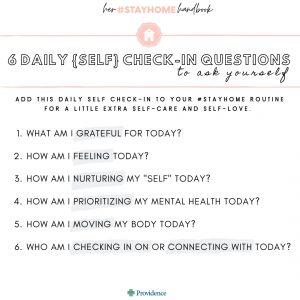10 Quick Tips for Living Safely On Your Own at College
- Lifestyle
- Mar 14, 2016
Remember learning safety advice as a little kid? Well, you know all the basics, like “never talk to strangers,” but that isn’t really going to help when you’re constantly meeting new people at college. Moving out of your parent’s house and onto campus, or later off-campus and in a new city, it might be the first time you’re solely responsible for your own safety.
Did you know 80% of college crimes are committed by students against other students?
And the safety statistics related to alcohol are even worse.
- 2.1 million young adults between the ages of 18 and 24 drove under the influence of alcohol last year.
- 25% of college students report that their schooling suffers as a result of alcohol consumption, including doing poorly on exams, missing classes and receiving lower grades overall.
- And each year over 97,000 college students between the ages of 18 and 24 are the victims of alcohol-related sexual assault or date rape.
Here are a few quick tips to stay safe even while you’re having fun.

Remember the buddy system: Don’t go to parties alone, and don’t walk alone at night. If you must, make sure someone is expecting you, and knows where you are. It’s more fun hanging out with a group, and you’ll be safer too.
Watch your drinks.You’ve heard this before, but don’t accept drinks from strangers if you don’t see them made by the bartender and steer clear of the “party punch.” One, it probably tastes disgusting, and two, you don’t know how much alcohol it contains so it will be that much more difficult to monitor your alcohol consumption.
Ditch the headphones.They’re great for in-between classes, but when walking home you might be able to hear something that you wouldn’t see.
Take a self-defense class.Your school likely offers a free informational class to teach self-defense. Gather a group of friends and go. Learn how to safely use mace, too.
Remember to lock and light it up.Leave lights ON in entry ways and your front porch. Don’t prop open locked doors in apartments or residence halls, and leave your dorm room locked even if you’re just taking a quick shower.
Familiarize yourself with the safety assistance your campus offers. Also, familiarize yourself with your surroundings. It’s important to know where you are just in case something happens.
- Most campuses have a “panic phone” system. Know where these are, especially when walking back to the dorms after a night class.
- Don’t be embarrassed to ask for help from campus security. My alma mater specifically had security guards who could take you to your car, if perhaps you were staying late at the library.
- Use the shuttle or DD’s offered by your school. Many campuses offer a shuttle service that will transport you from campus through the surrounding neighborhood, so you don’t have to walk all the way home after a night class. Plus, learn the availability of “Safety Ride” or a designated driver system offered by your university and save those numbers in your cell.
To prevent theft, don’t leave any valuables visible in your car. My school constantly reminded students of this, and it’s really great advice. I know someone whose window was shattered just because someone wanted to get to all the change in their cup holder. Move any bags or other items to the trunk if you can’t take them with you.
If you live off-campus, especially if you live alone, pick up an alarm system. There are really inexpensive options out there. You can purchase a door stop alarm for under $10 on Amazon. Basically, if someone tries to break in through your door, a very loud alarm will sound and scare them off. Plus, don’t be afraid to let your landlord know if you need a motion-activated flood light on your property either.
Get valuables engraved, such as your cell phone and laptops. Also, don’t forget to register these items online with the ID codes. If someone steals your iPod and tries to pawn it, the police can track it with the identification number and hopefully, get it back to you.
The best advice: trust your gut. Usually your body senses when something just doesn’t feel right. Learn how to listen to yourself, and trust your instincts to let you know when you need to leave a situation.
What safety advice did you follow when living on your own? Do you have any lessons learned to share? Leave a comment below!



